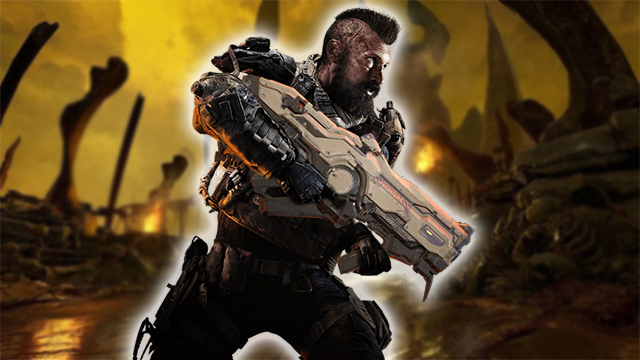Although it has been an odd year for big releases, first-person shooter fans are going through a hell of a time in 2019. After a decade of Call of Duty setting the expectations, the ’90s nostalgia wave has brought on a whole host of reminders about what the genre can do when things get cooking. It started with Bethesda’s unlikely 2016 Doom revival and continues on to this day with smaller hits like Ion Fury and Dusk. With a brand hoping that Modern Warfare‘s back to basics approach works better than it has the last few times, Call of Duty has never had less of an identity.
What was once the fast-paced alternative to games like Halo is now the aging veteran searching for a way forward. How can Activision’s rotating door of developers turn things around? Do what the best do and adapt to the trends. Show confidence in what you’re doing, and you won’t have fans yelling about the removal of your new features at a press event. Here’s how Call of Duty can learn lessons straight from the pits of hell.
Call of Duty needs iconic arms
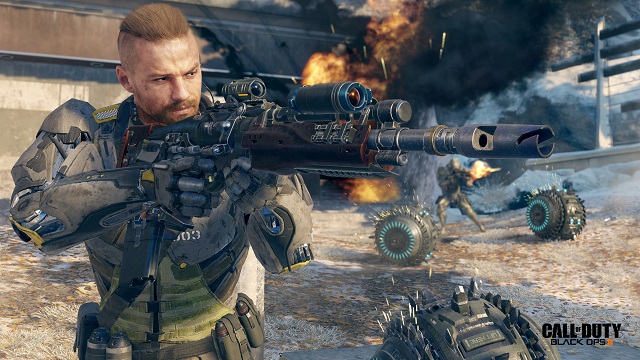
Part of Call of Duty‘s appeal for some is in its realistic weapon selection. You’re using mostly the same firearms as the soldiers of whatever era this year’s game happens to depict. That’s all well and good, but this philosophy is more trouble than its worth as time goes on, especially in modern games that depict weapons current soldiers deploy with every day. There’s no getting around the fact that the United States has an unhealthy love of firearms. Turning realistic weapons of war into more fanciful creations can help draw a line between gaming and real-world tragedies.
ALSO: Call of Duty: Modern Warfare might be Spec Ops: The Line’s narrative successor
Black Ops shouldn’t suddenly have purple SMGs that shoot needles but it’s hard to pick to a weapon of choice in Call of Duty because of this realism. When you think about Doom‘s arsenal, you recall the Super Shotgun, the Chaingun, the Plasma Rifle, and the BFG. For Call of Duty, your mind drifts more to weapon categories, mostly because each game has different names for weapons that serve the same purpose. Iconic arms in this series are more joke weapons, like the Akimbo shotguns of early Modern Warfare or the throwable hatchet of Black Ops.
You’re leaving money on the table by not making Call of Duty‘s arsenal a vital part of its brand. It’s the perfect time to trim down your roster to the bare essentials, especially since Call of Duty seems to be sticking to a near-future time frame for a few years. Instead of five slightly varied light machines guns, give me one with a unique looking design and a badass name. Carry it forward through multiple entries in the series and you suddenly have the “hero shooter” juice you missed out on with Black Ops‘ unpopular Operators system. Guns are the characters in Call of Duty, and the cast has been rotating for too long.
Modern Warfare should bring back the bombast
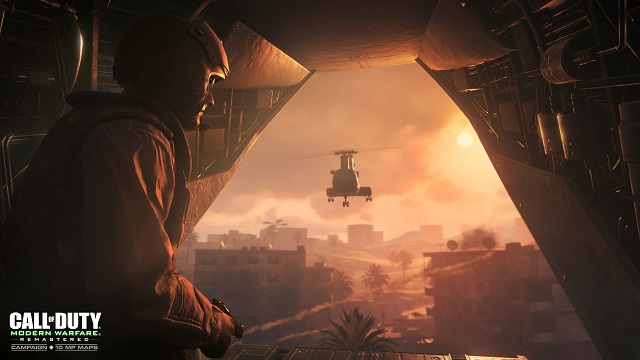
Besides generic weapons, the latest Call of Duty games lack something much more vital. While many don’t even bother with the yearly campaign, they’re an integral piece of the overall puzzle. The lack of a campaign in Black Ops 4 also probably led to that game’s more rapid fading into the background since people had fewer iconic things to cling to like Price from Modern Warfare. For those who do like them, the best campaigns are interactive action movies with explosive set pieces and signature moments that rival Uncharted on its best day.
Who doesn’t remember the nuclear end to one of your playable characters in Modern Warfare? The highway scene in Advanced Warfare? The watery grave where Mason buries all his questions in Black Ops? These games had forethought throughout their stories, crafting adventures that made the games memorable. It’s a formula that has worked time and time again, and it’s one that countless shooters have cribbed from. When Doom had to reinvent itself in 2016, there’s no doubt that these Call of Duty moments were part of the inspiration as Call of Duty‘s shockwaves probably influenced every shooter after it in some way.
Perhaps its the failure of Infinite Warfare that has seen Call of Duty scale back. It’s a well-told story in a great campaign, but even those spaceflight and zero-G sections veer far away from the core of the franchise. Still, wild swings are more interesting than the slog of WW2 and the barely-there tutorial levels of Black Ops 4. In the last few years, the franchise has gone from awards contenders to a multiplayer also-ran, and the erosion of these types of moments is partly to blame.
Trim the multiplayer fat
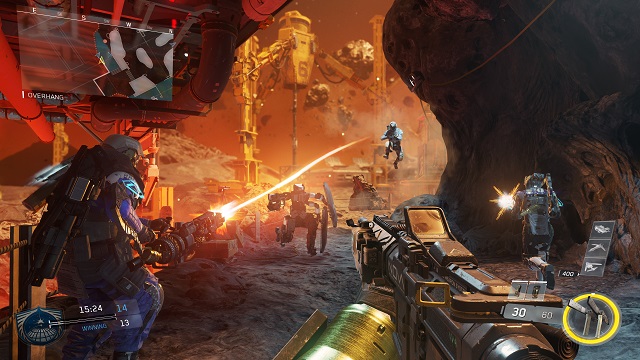
On the other side of the coin, Call of Duty‘s multiplayer is probably the most reliable part of the package. However, just like the situation with CoD‘s firearms, their multiplayer modes lack identity. People just want to play deathmatch, and each game tries to expand that with mediocre experiments and countless retreads (although Modern Warfare‘s Gun Fight seems promising). Instead of creating so many modes that go nowhere, we need to focus in on a handful that the franchise can stick with.
This is what Doom is trying to do with this year’s release. Instead of a run of the mill suite, Doom: Eternal presents Battle Mode, a concept built on what works in its campaign gameplay. It has a unique hook with its playable demons and it doesn’t make things feel like a whole new game when you switch from one mode to the other. In order to capture that, Call of Duty would have to include big moments in some sort of longer multiplayer match. You’d also need to include a few standard modes, if only because this is Call of Duty we’re talking about. Still, you could certainly trim some of the fat.
You need your basic deathmatch, with or without the Kill Confirmed stipulation. Call of Duty does a need Gun Game too, so that should be in there as well. Other than those variants, the studio should focus on one objective mode that could define what comes next. The War mode might be a contender for that role. First premiered way back in World at War, it has the deathmatch elements that fans love while also including a prolonged conflict. Their spin on the mode in WW2 was a highlight of that game; it just needs stronger gameplay layered on top of it.
A call for some cents
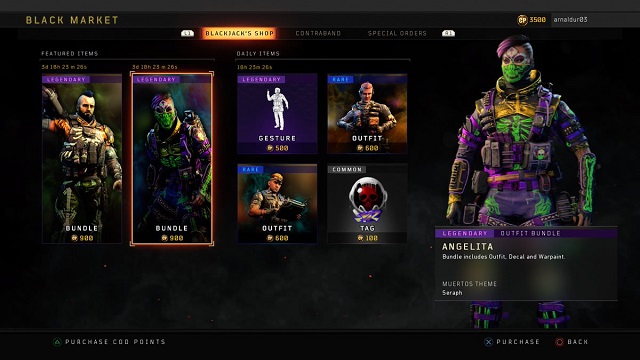
However, these are just a few suggestions. Whatever Activision decides to do going forward will probably be a lot less radical, and that’s a shame. It’s always a shame to watch their franchises stumble when a few tweaks can make it shine instead. Even if they change nothing else, Call of Duty should learn from Doom that you can attract a lot more goodwill with a great product than a great service.
Call of Duty games will be among the top-selling titles of the year for quite some time. But that doesn’t mean the hype matches those sales figures. Over the years, along with the drop in quality, surprise, and fan interest, Call of Duty has become one of those microtransaction games. Loot boxes and battle passes are commonplace, and this is on top of being the only game in town still charging for map packs. If Activision truly wants the Call of Duty money train to continue, it’d take a look at what it is expecting out of their players and realize it’s out of line.
People seem pumped to play a new Doom. You probably couldn’t say the same about the new Modern Warfare. Even after a mostly well-received beta, it’s not a game sticking in most people’s minds before launch, despite it looking like an attempt to change it up. That’s what comes with familiarity and while Modern Warfare does look a little different, it has to earn it now. It’s what comes when you show an unwillingness to change. That’s what comes when you’re offering a yearly service that’s going to burn out and switch within 12 months rather than an event.
